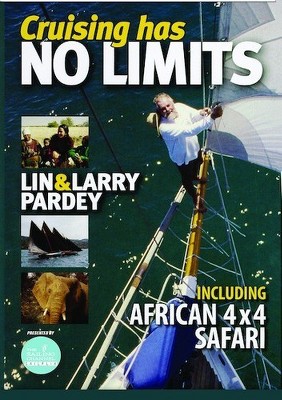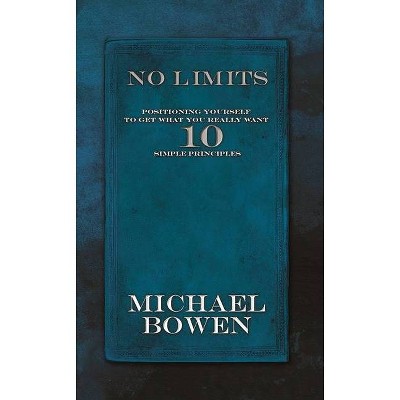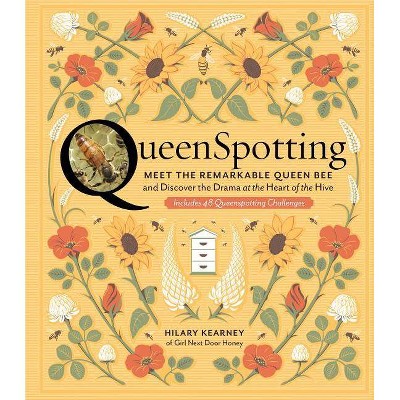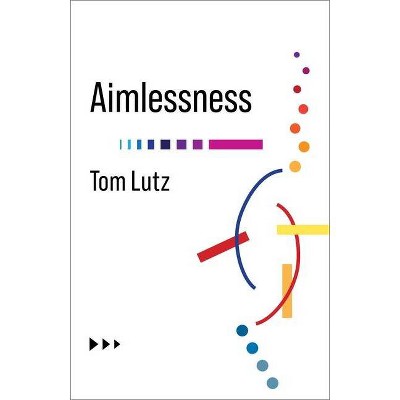Touch - (No Limits) by Richard Kearney (Hardcover)

Similar Products
Products of same category from the store
AllProduct info
<p/><br></br><p><b> About the Book </b></p></br></br>"Our existence is increasingly lived at a distance. As we move from flesh to image, we are in danger of losing touch with each other and ourselves. How can we combine the physical with the virtual, our embodied experience with our global connectivity? How can we come back to our senses? Richard Kearney offers a timely call for the cultivation of the basic human need to touch and be touched. He argues that touch is our most primordial sense, foundational to our individual and common selves. Kearney explores the role of touch, from ancient wisdom traditions to modern therapies. He demonstrates that a fundamental aspect of touch is interdependence, its inherently reciprocal nature, which offers a crucial corrective to our fixation with control. Making the case for the complementarity of touch and technology, this book is a passionate plea to recover a tangible sense of community and the joys of life with others"--<p/><br></br><p><b> Book Synopsis </b></p></br></br>Our existence is increasingly lived at a distance. As we move from flesh to image, we are in danger of losing touch with each other and ourselves. How can we combine the physical with the virtual, our embodied experience with our global connectivity? How can we come back to our senses? <p/>Richard Kearney offers a timely call for the cultivation of the basic human need to touch and be touched. He argues that touch is our most primordial sense, foundational to our individual and common selves. Kearney explores the role of touch, from ancient wisdom traditions to modern therapies. He demonstrates that a fundamental aspect of touch is interdependence, its inherently reciprocal nature, which offers a crucial corrective to our fixation with control. Making the case for the complementarity of touch and technology, this book is a passionate plea to recover a tangible sense of community and the joys of life with others.<p/><br></br><p><b> Review Quotes </b></p></br></br><br>A fascinating piece of work by one of the most interesting thinkers of our age.--Simon Critchley, author of <i>Tragedy, the Greeks, and Us</i><br><br>Richard Kearney writes with urgency, fluency and commitment. He connects serious and complex thought to ideas on how we might live better in the world. His work arises not only from deep reading but also from a belief that just as philosophy comes from the world it has a duty to touch and transform its own source.--Colm Tóibín, author of <i>Brooklyn: A Novel</i><br><br>Kearney is acutely aware of how our digital technologies exacerbate the drift to excarnation in modern culture. This book casts much light on how we lost sight of touch--and might regain it.--Charles Taylor, author of <i>A Secular Age</i><br><br>Which came first? The spirit seeking a touch? Or the touch seeking a further touch? A confirmation of life out of touch, a phone that a hand cannot reach or touch? Sometimes it seems that the senses were created out of a lonely and desiring spirit. Especially touch. In this openhearted study of that sense, Richard Kearney leads the reader masterfully through thinkers of the past and the present who have wondered deeply, had ideas, and made gestures in response to the mystery of 'feeling things.'--Fanny Howe, author of <i>Second Childhood</i> and winner of the 2009 Ruth Lilly Poetry Prize<br><p/><br></br><p><b> About the Author </b></p></br></br>Richard Kearney holds the Charles Seelig Chair of Philosophy at Boston College. He is director of the Guestbook Project for creative peace pedagogy and he has written many books on the philosophy of imagination and embodiment, translated into over a dozen languages. His previous Columbia University Press books include <i>Anatheism: Returning to God After God</i> (2009) and <i>Reimagining the Sacred</i> (2016).
Price History
Price Archive shows prices from various stores, lets you see history and find the cheapest. There is no actual sale on the website. For all support, inquiry and suggestion messagescommunication@pricearchive.us



















